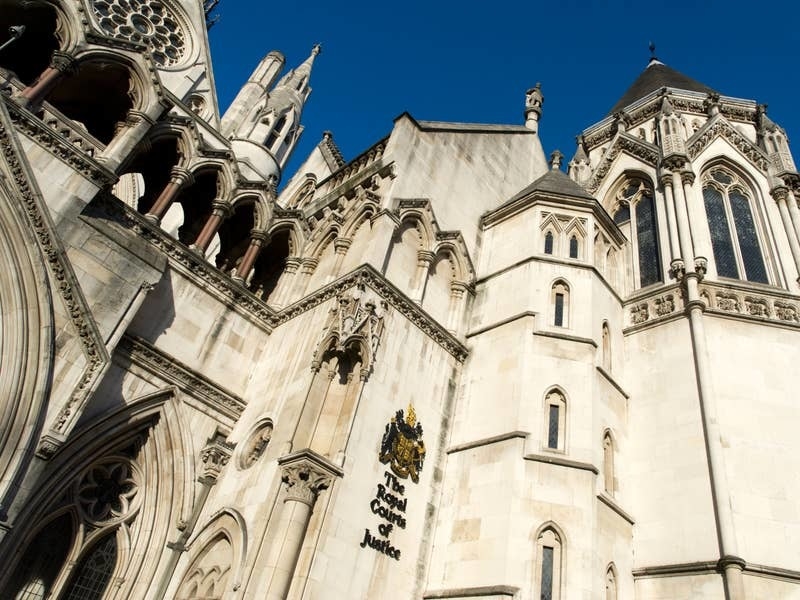JERSEY’S cost of living rose by 6% in the 12 months to March this year, the largest increase since the 2008 credit crunch.
Figures for the previous period ending in December showed an increase of 3.8% but the latest rise of 2.2 percentage points pushes the annual rise to 6%, only 0.4% below 2008’s third-quarter figure at the height of the credit crunch. It is the second-largest rise since 2000.
Housing, fuel and light and motoring topped the increases, with fuel and light costs rising by 21.9%. Housing costs, which make the largest individual contribution to the overall increase, rose by 6.8%, and motoring – the next largest contributor – went up by 10.5%.
Age Concern vice-chair Ben Shenton expressed concern that this would hit the elderly disproportionately, with pensioners facing an increase of 6.2% when figures are adjusted to reflect their spending commitments.
‘You need to remember that older people have not benefited from low interest rates because they are less likely to have mortgages, and their savings income has been decimated – especially when adjusted for inflation. It is possible that sustained inflation will push an increasing number of Islanders into poverty,’ Mr Shenton said.
Whereas December’s figures put Jersey’s inflation a percentage point behind the UK rate of 4.8%, the latest figures issued by Statistics Jersey show the gap with the UK narrowing to only 0.2%.
Mr Shenton highlighted the particular challenges facing the elderly.
‘As you get older you tend to feel cold more, and the ability to stay warm, and eat healthy meals, is a key factor in maintaining good health and longevity. Many pensioners are fiercely proud and would rather go without rather than ask for help, and we need safety nets that catch all. These people will be paying the government tax on both their increasing food and energy costs, and with an election looming it is perhaps this is an area we need to revisit,’ he said.
Consumer Council chair Carl Walker, who responded with disappointment to a letter from the Chief Minister declining to adopt further measures proposed by the council, said the latest figures ‘reinforced the need for further action to help Islanders through these tough times’.
‘We had already heard from consumers but this provides the science to back up what we were saying,’ Mr Walker said.
Responding to the figures, Economic Development Minister Lyndon Farnham said that inflation was a ‘long-term challenge’.
Senator Farnham said: ‘Large contributors to the rise in living costs include housing, motoring, and fuel. These groups alone contributed 3.2 percentage points to the annual inflation figure. Rising global energy costs have been exacerbated by the war in Ukraine and are beyond the Island’s control. The Bank of England has raised the UK Bank Rate recently from 0.5% to 0.75% in response to continuing inflationary pressures. This is an important policy tool to manage demand. However, it will not solve supply problems caused by the ongoing war and rising commodity prices.
‘The support package announced by the Social Security Minister last month will help support households who are facing higher energy costs, and further actions have been taken which will help to tackle inflation. They include the commitment by the States Assembly to introduce initiatives aimed at reducing the number of empty properties, and a higher rate of stamp duty on second homes and buy-to-let investment properties which, when implemented, should ease some inflationary pressures in the housing market.’






